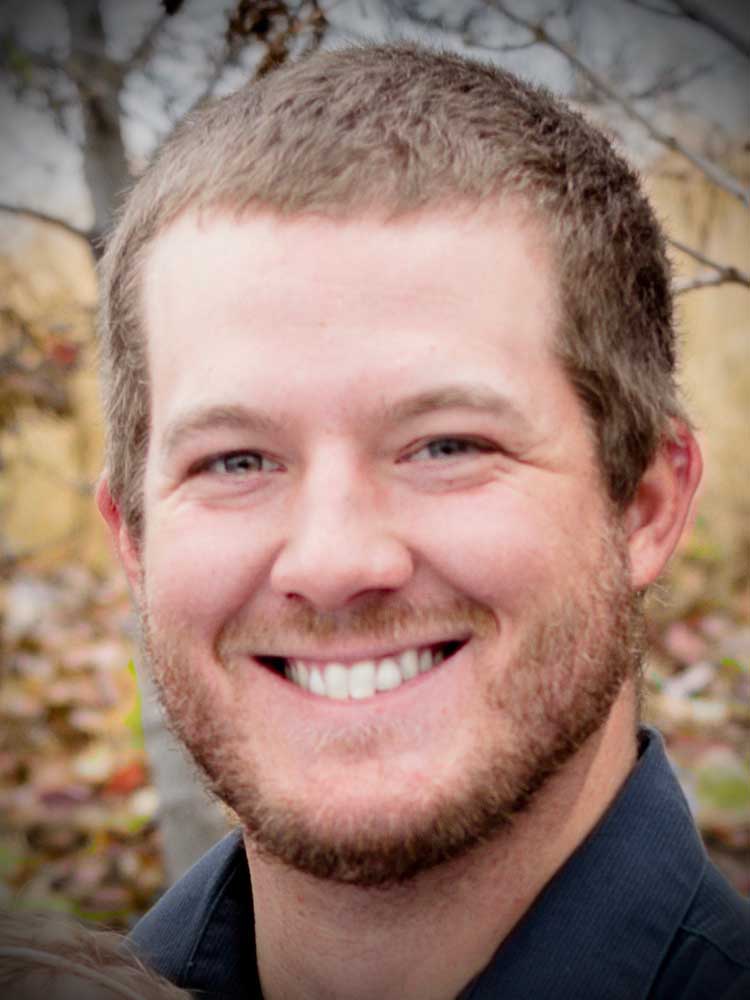On Liberty: Government and charity can be slippery slope
Published 6:30 am Wednesday, May 4, 2022

- Patton
One of the reasons the U.S. Constitution was “ordain(ed) and establish(ed)” was for the purpose of promoting the general welfare of the citizens. We’ve certainly grown accustomed to the idea that the government should seek to help those among us who are in need, but was that something originally intended as a role for the government?
Surprisingly, the Constitution makes no mention of the government’s ability to give charitably. It’s interesting to observe that nowadays the idea that the government should authorize charitable giving from the treasury is taken for granted, but this should come as no surprise — since our nation’s early years, elected officials have faced with the temptation to use money from the treasury for charitable giving. This temptation arises from the cultural pressure rooted in the Christian values that were vital to the formation of our nation: Who would be so selfish as to deny the basic principle that it is “more blessed to give than to receive?”
Trending
The temptation to give from the treasury also stems from the innate desire for power and popularity, and our politicians recognize the opportunity to garner support from their constituents by leveraging the ability to vote for such charitable giving. When the government functions as a charitable organization, it not only robs the rest of us of the responsibility and meaning found in caring personally for our fellow citizens, it opens the door wide for government corruption and cronyism.
My favorite story of Davy Crockett excellently illustrates why the government should not use money from the treasury for charity. “A Sockdolager: What Davy Crockett learned from Horatio Bunce” is a story set during the time when Col. Crockett served as a U.S. congressman, representing a district in Tennessee during the late 1820s and early 1830s.
As Crockett was traveling the countryside campaigning for his next election, he had a chance encounter with Horatio Bunce, an apparently well-informed and respected farmer in his district. The previous winter, Crockett had voted to appropriate $20,000 for the relief of the victims of a large fire in Georgetown, near the Capitol. Mr. Bunce had read of the vote in the newspaper, and during a roadside meeting proceeded to explain to Crockett why his vote in favor of the appropriation was unacceptable from a constitutional standpoint.
Crockett attempted to justify his vote by explaining its merits: it was generous, and the full treasury could afford such a relatively small sum for the benefit of women and children. Bunce responded: “It is not the amount, colonel, that I complain of; it is the principle. … The power of collecting and disbursing money at pleasure is the most dangerous power that can be entrusted to man. … If you had the right to give anything, the amount was simply a matter of discretion with you, and you had as much right to give $20,000,000 as $20,000. If you have the right to give to one, you have the right to give to all; and, as the Constitution neither defines charity nor stipulates the amount, you are at liberty to give to any and everything which you may believe, or profess to believe, is a charity, and to any amount you may think proper. You will very easily perceive what a wide door this would open for fraud and corruption and favoritism, on the one hand, and for robbing the people on the other.
“No, colonel, Congress has no right to give charity. Individual members may give as much of their own money as they please, but they have no right to touch a dollar of the public money for that purpose. If twice as many houses had been burned in this county as in Georgetown, neither you nor any other member of Congress would have thought of appropriating a dollar for our relief.
“There are about 240 members of Congress. If they had shown their sympathy for the sufferers by contributing each one week’s pay, it would have made over $13,000. There are plenty of wealthy men in and around Washington who could have given $20,000 without depriving themselves of even a luxury of life. The congressmen chose to keep their own money, which, if reports be true, some of them spend not very creditably; and the people about Washington, no doubt, applauded you for relieving them from the necessity of giving by giving what was not yours to give.
Trending
“The people have delegated to Congress, by the Constitution, the power to do certain things. To do these, it is authorized to collect and pay moneys, and for nothing else. Everything beyond this is usurpation, and a violation of the Constitution.”
This abbreviated version of the story of Bunce illustrates three important lessons: First, the responsibility to take care of the needs of others should fall to those of us who are capable, even though it is easy to shirk our responsibility and let other institutions (such as the federal and state government) serve that role.
Second, elected officials who don’t respect the limitations placed upon them by the Constitution will always be tempted to spend money that’s not theirs in order to gain political support, and even those who give from the treasury under the guise of “charity” may have ulterior motives.
Finally, we should all aspire to be as well-informed and honorable as the humble farmer, Horatio Bunce.









